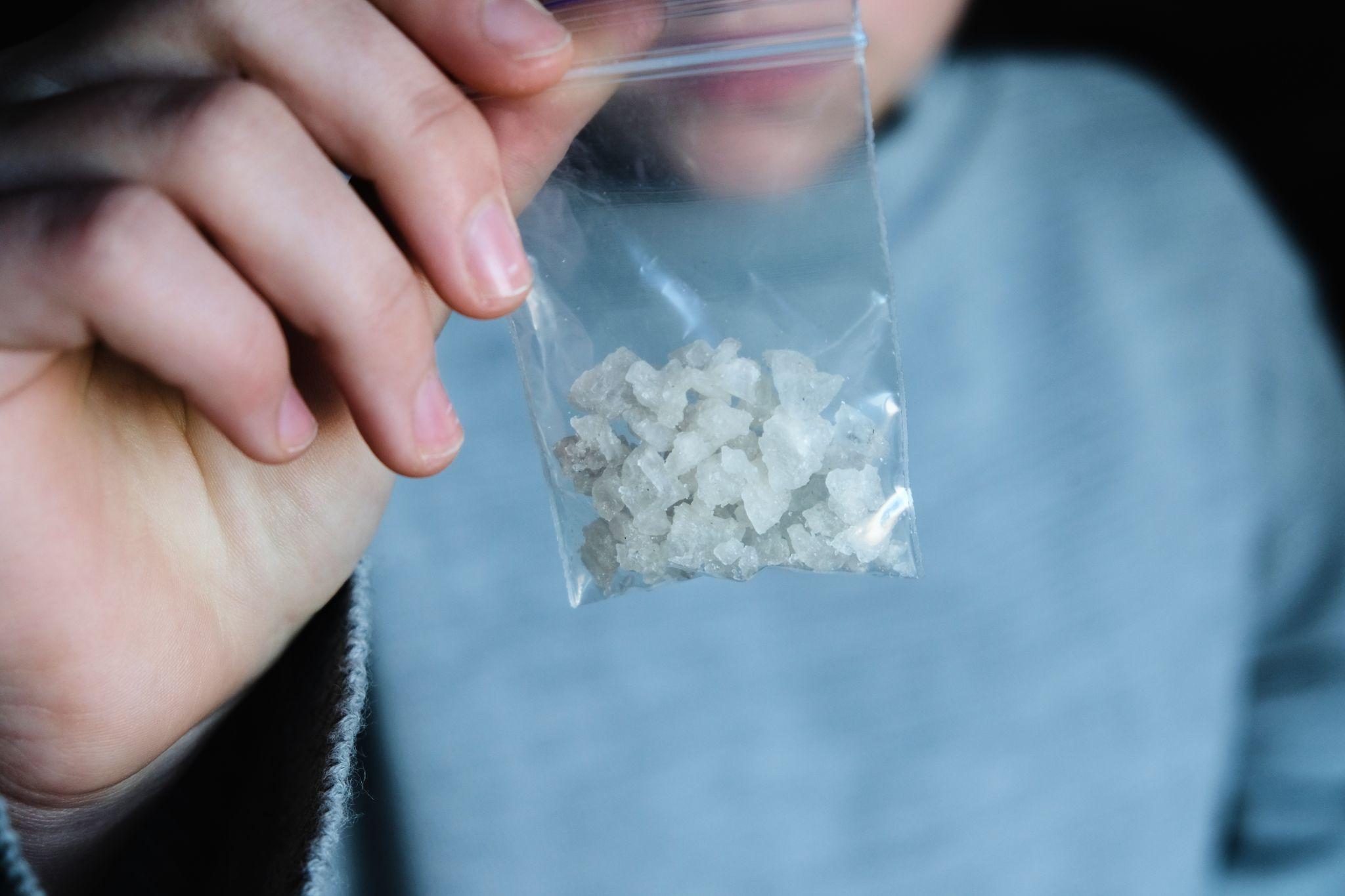Understanding and confronting addiction is a difficult journey, both for those experiencing it and their loved ones. Methamphetamine, also known as meth, is a highly addictive and strong stimulant affecting the central nervous system, leading to serious physical, psychological, and social consequences.
Recognizing the signs of meth use early can be an important step in seeking help and beginning the road to recovery. We’ll explore the key indicators of meth addiction below, offering guidance for those worried about a friend, family member, or anyone close to them.
Physical Signs
The physical signs of meth use are often the first indicators that become visible to others. One of the most immediate signs of meth use includes dilated pupils and rapid eye movement, a direct consequence of the drug’s stimulant properties.
Individuals using meth may also experience extreme weight loss in a very short period, primarily due to the drug’s appetite-suppressing effects. Another side effect is the development of dental problems, collectively known as “meth mouth,” where individuals suffer from bad breath, tooth decay, and gum disease due to chemical exposure and neglect of personal hygiene.
Skin sores are another common physical sign of meth abuse, resulting from the user’s hallucinations of insects crawling under their skin, leading to obsessive picking and open wounds.
Finally, meth use can cause an abnormal increase in body temperature, manifesting as excessive sweating even in cool conditions. These physical changes are often accompanied by a general decline in personal appearance and hygiene, as the addiction takes precedence over self-care.
Behavioral Signs
Behavioral changes in someone using meth can be varied and have long-term effects on their relationships and daily functioning. Increased energy and alertness are hallmark signs, with people who abuse meth often going for days without sleep, followed by periods of extreme exhaustion.
This hyperactivity can turn into paranoia or anxiety, with some users becoming aggressive or exhibiting violent behavior as their mental state deteriorates. A pronounced shift may occur in their social habits, where they withdraw from friends, family, and activities they once enjoyed, isolating themselves as they delve deeper into their addiction.
Moreover, meth users often show stark neglect of responsibilities, with noticeable declines in their performance at work or school and a disregard for household and personal duties. These behavioral shifts are destructive to the individual’s life and deeply affect their relationships with others, often leaving a trail of broken connections and trust.
Psychological Signs
The psychological effects of crystal meth use are profound, affecting the user’s mental health and altering their perception of reality. Users may experience severe mood swings, fluctuating between periods of euphoria and deep depression, making their emotional state highly unpredictable.
Long-term meth use can lead to hallucinations and delusions, where individuals might see or hear things that aren’t there, further detaching them from reality. These experiences can be terrifying, not only for the users but also for those around them.
Compulsive behaviors are another psychological sign of meth use, where individuals may engage in repetitive actions such as obsessively cleaning or disassembling and reassembling objects without any clear purpose. These behaviors can consume hours, further isolating the individual from social interactions and exacerbating their detachment from reality.
What to Do If You Suspect Someone Is Using Meth
Educate yourself. The first step in helping someone you suspect is using meth is to educate yourself about the drug, its effects, and the process of addiction and recovery. Understanding the physical and mental signs of meth use, as well as the challenges of overcoming addiction, will prepare you to offer informed support.
Many resources are available online, including articles, forums, videos, and literature from addiction recovery centers and health organizations. Gaining knowledge about methamphetamine addiction will also help you communicate more effectively with your loved one and with professionals when seeking help.
Have open communication. Having an honest conversation with the person you’re concerned about can be challenging but is crucial. Choose a time and place where you can speak privately and without interruptions. Approach the conversation with empathy, avoiding judgment or accusations.
Express your concerns using specific observations about how their physical and behavioral health has affected you and others around them. It’s important to listen to their perspective and understand that they may be in denial or reluctant to admit they have a problem. Offer your support and let them know you’re there to help them through their recovery journey.
Seek professional help. Encouraging the individual to seek professional help is critical. Research local addiction specialists, counselors, and treatment programs that have experience with methamphetamine addiction. Offer to help them make an appointment and accompany them if they wish.
It’s essential to recognize that the decision to seek help must ultimately come from them; however, providing information and options can make the process less daunting. In some cases, an intervention facilitated by a professional may be appropriate to help the individual realize the gravity of their situation and the need for treatment.
Find support groups. Support groups play a vital role in the recovery process, not just for the individual struggling with addiction but also for their loved ones. Groups such as Narcotics Anonymous for the individual and Nar-Anon for friends and family provide a supportive community where experiences, struggles, and successes can be shared.
These groups offer valuable insights, coping strategies, and a sense of not being alone in this journey. Participating in a support group can also help you better understand the nature of addiction and how to support your loved one without enabling their drug use.
Offer ongoing support. Recovery from methamphetamine addiction is a long and challenging process that doesn’t end with treatment. Relapses can occur, and ongoing support is crucial. Be patient and offer encouragement, celebrating small victories and being there through setbacks.
Find Support for Meth Use With Lumina Recovery
Recognizing the signs of meth use is the first step toward intervention and recovery. If you or someone you know is struggling with addiction, know that help is available and recovery is possible.
At Lumina Recovery, we’re committed to providing support and resources to those affected by addiction through our meth addiction program and an array of therapy options. Remember, you’re not alone in this journey.
Don’t hesitate to reach out to our supportive team today.



